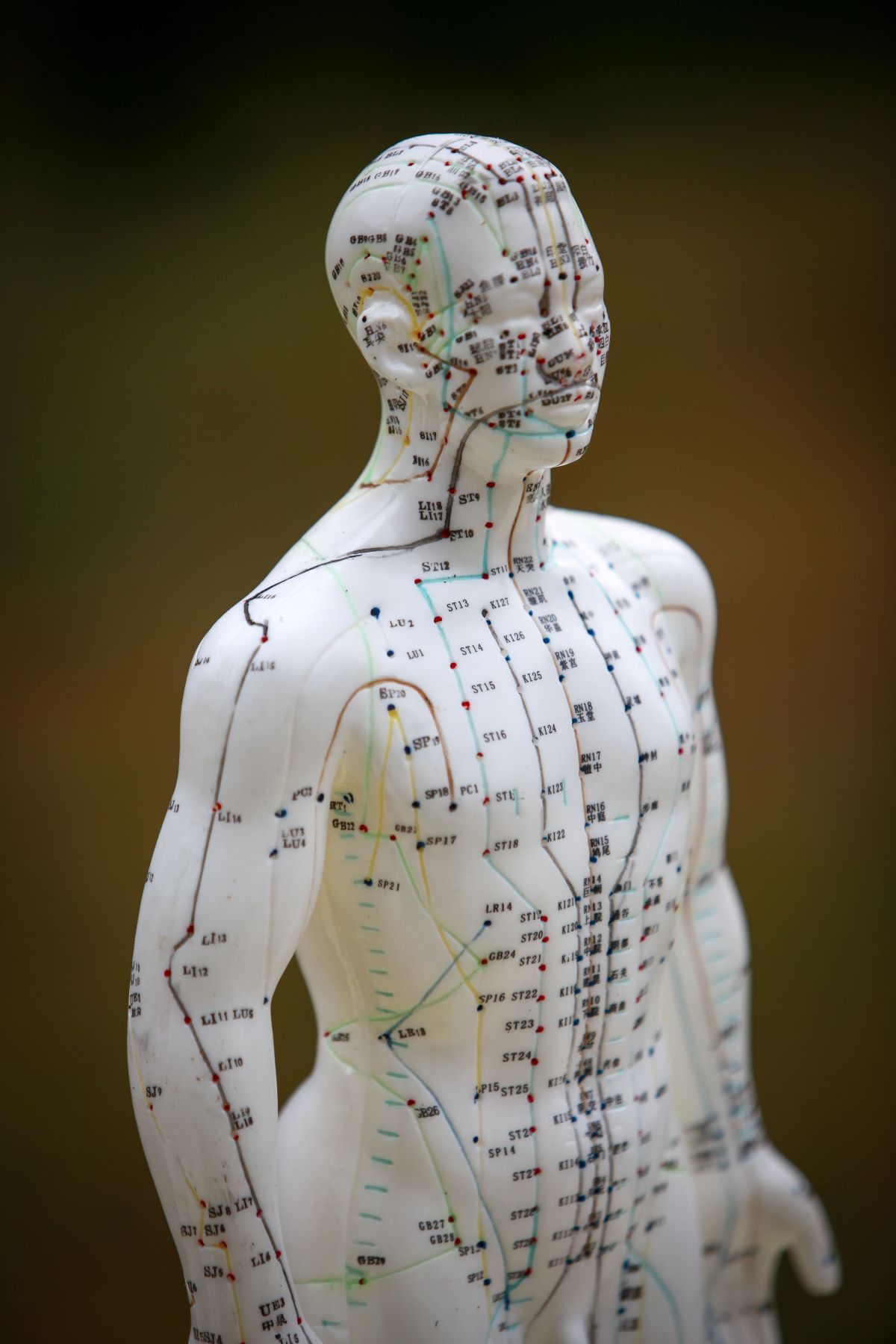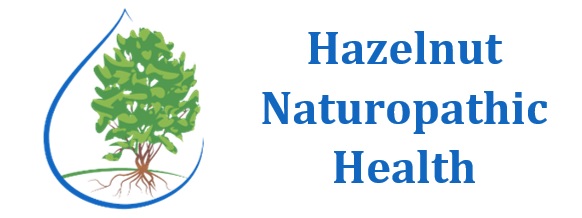Acupuncture Frequently Asked Questions

TCM has been restoring wellness for over 2,000 years. It works to balance yin and yang within the context of qi, the body's vital energy. Qi flows within meridians (or channels) that cover the entire body and connect more deeply to internal organs. Disease, disharmony, or pain develops when qi is obstructed, stagnant in one location, or depleted. TCM practitioners, more commonly known as acupuncturists, aim to restore and maintain harmonious qi flow and balance yin and yang. The main tools used are acupuncture and Chinese herbs.
Acupuncture entails the use of sterile, single-use, hair-thin needles inserted into specific points on the body. This action harmonizes qi flow, balances the body's energy, and triggers local healing.
Chinese herbal medicine is the use of Chinese herbs to restore balance in the body. Herbs are used in combination with other herbs, each with a specific function, to create an herbal formula. Formulas have specific indications and can be tailored to the individual's unique TCM(Traditional Chinese Medicine) presentation.
The first session is 90 minutes and requires a full medical intake. It is longer so that there is plenty of time for the practitioner to understand the chief complaint and associated symptoms. The acupuncturist will ask a specific set of questions to refine the TCM diagnosis, look at the patient's tongue, and feel the pulse on both wrists. This first appointment ends with the first treatment. You'll leave with a recommended treatment plan that details how often and for how long you should return for treatment. Follow up appointments last for 60 minutes.
TCM is a versatile practice that is effective for a multitude of conditions including, to include:
Pain management: neck pain, back pain, sciatica, frozen shoulder, tennis elbow, knee pain, foot pain, arthritis
Neurological disorders: headaches and migraines, post-stroke, neuralgias, dizziness, vertigo, multiple sclerosis, paralysis, autism, Parkinson’s, aphasia, dysphagia, traumatic brain injury
Cardiovascular: high blood pressure, angina, poor circulation, heart palpitations
Gastrointestinal: GERD, diarrhea and constipation, nausea and vomiting, morning sickness, abdominal pain, anorexia, nausea from chemotherapy
Emotional: depression, anxiety, mood swings, everyday stress, addiction, PTSD
Women’s health: menopause, PMS, fertility support, cycle irregularity, PCOS, endometriosis
Eyes, ear, nose, dental: tinnitus, tonsillitis, tooth pain, post-extraction pain, allergic conjunctivitis
Musculoskeletal: postoperative pain, sports injuries, fibromyalgia, carpal tunnel, arthritis, osteoporosis
Urogenital: sexual dysfunction, urinary tract infections, bladder infections, low libido, prostatitis
Respiratory: sinusitis, common cold, rhinitis, bronchitis, asthma, chronic cough
Dermatological: rashes, eczema, acne, scars, cosmetic
Other: immune enhancement, stress reduction, hemorrhoids, weight management, chronic fatigue, insomnia, oncology support, fetal malposition (breech baby), labor induction
Acupuncture needles are very thin, sterile, and disposable. Most people don’t even notice them going in or out of their body. Some people may feel some heaviness, warmness, or tingling sensation when meridian qi arrives or moves through the channels. After needle removal, some patients feel a slight aching around the point(s), but the feeling usually subsides within a half hour to two hours.
Wear loose, comfortable clothing because, in many cases, the acupuncturist will need access to needle points located on arms, legs, abdomen, and back. Discussion will revolve around your conditions, previous lab tests, and treatment history, so please bring any pertinent and recent physical test reports with you. Let the acupuncturist know if you are pregnant, possibly pregnant, breastfeeding, or have any electronic implants (e.g. pacemaker). During treatment, you will be expected to lie still on the treatment table. In some cases, slight spotting or bruising may occur at acupuncture sites. These are not harmful, but please talk to your acupuncturist if you are concerned. Most patients feel relaxed, with increased energy and decreased symptoms immediately after treatment. For some patients, results may be more subtle.
If you are still not sure that acupuncture is right for you, you can try a 20 minute session. This allows you to see what the needles as well as ask Rachael Tax, L.Ac, our acupuncturist, questions.
Yes, we do! Please ask our front desk for more information by calling (616)884-0645.
